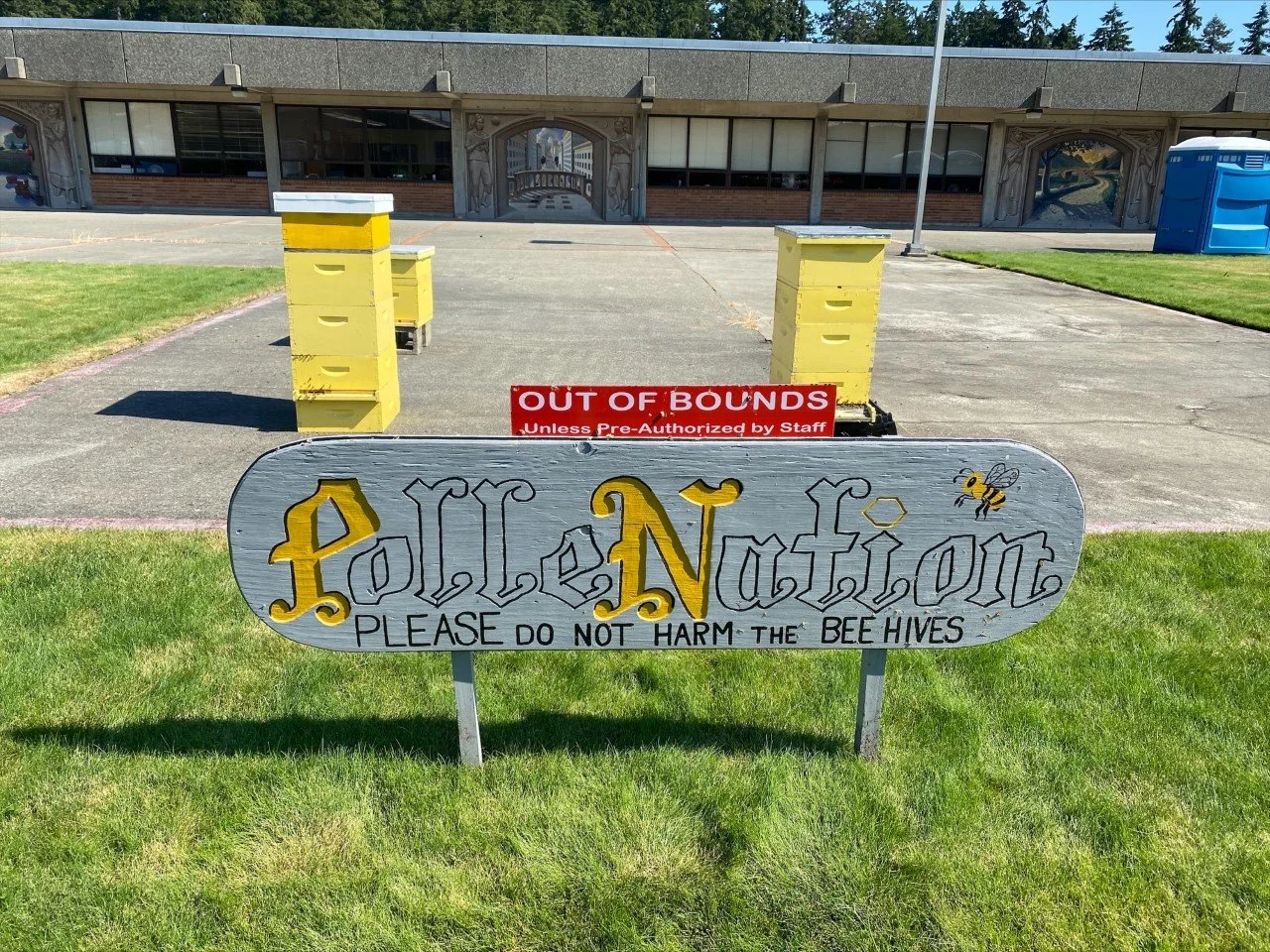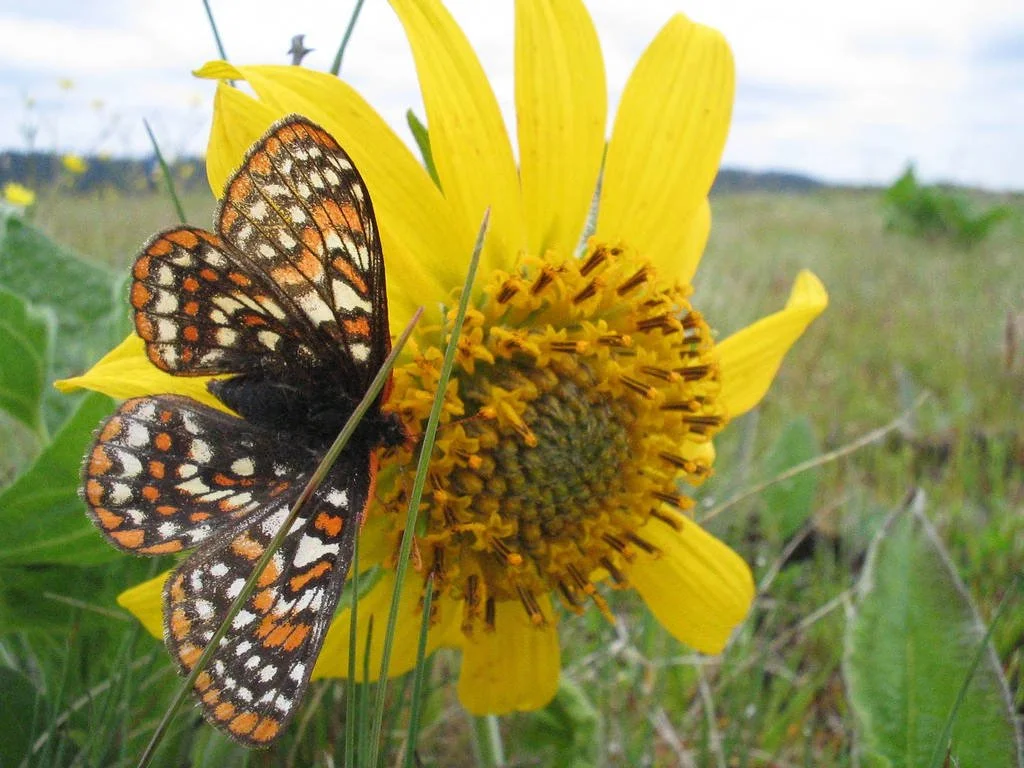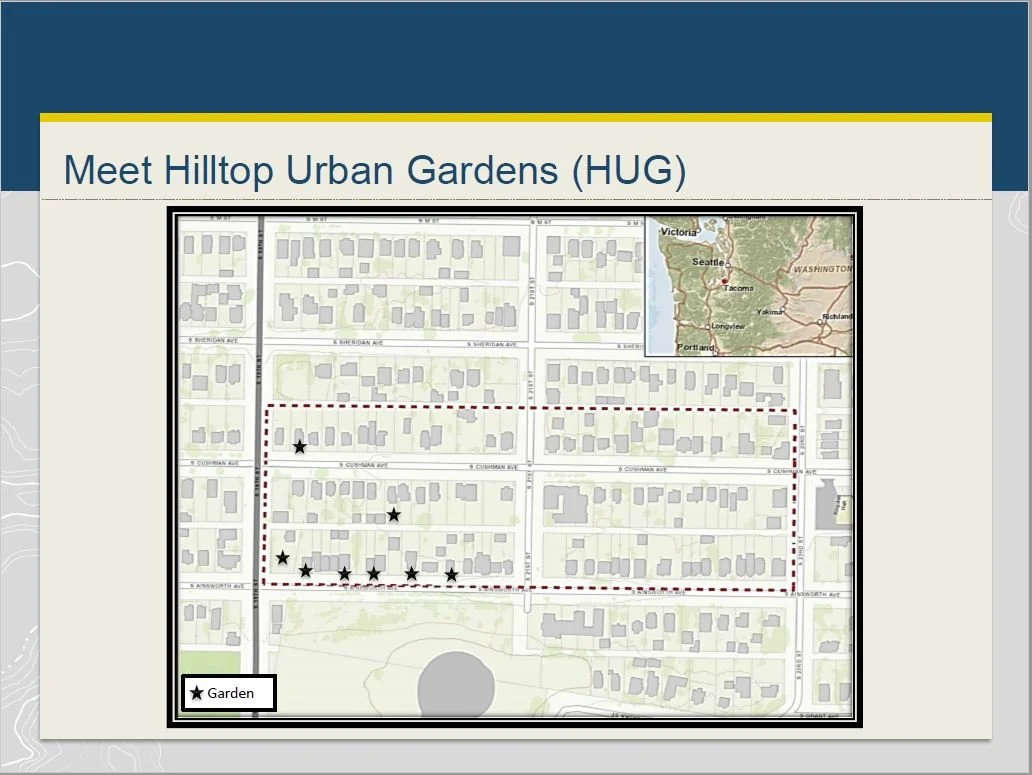S2E1: What the heckin heck is up with our Food System?
Description
We’re so eggcited to finally be back! Thank you so much for pudding up with our long absence. We missed you a waffle lot! (Please don’t leave…I’m sorry!)
We’re doing something a little bit different after our time off and are breaking our episodes up into seasons of several episodes on one topic. This season is all about food systems, food access, and food sovereignty. This season will be five episodes long, and a new episode will be released every other Tuesday. We’re also actually talking to real people this season (even though Jen is terrified by real things) and we can’t wait to bring you those interviews!
This episode we’re introducing the topic of food systems and food sovereignty and defining some of the main concepts. We are then joined by Nichole Garden, with the Washington State Department of Agriculture, to talk more about food access and different programs the State offers to help people access food resources.
Food Systems Overview
Jen and Amy talk about our current food system and some of the social and environmental problems that often crop up in it. We discuss some alternative food systems, as well as introducing the concept of food sovereignty.
Amy starts us out with a quote from the future of food website. We define several parts of the conventional food system, including production, processing and packaging (see Season 1 Episodes 18 and 21 for more on plastic), transportation and distribution, and consumption and food waste.
We then go into some of the environmental impacts of our conventional food system, including wasted water and other resources, livestock waste management and pollution (the Poop Detective’s favorite topic!), and climate impacts from food production.
We also talked a little about some of the impacts COVID-19 has had on food access (we referred to a news release from the University of Washington).
But what are these things we’re talking about??? We finally define and discuss concepts such as food justice and food sovereignty. We don’t talk about the six pillars of food sovereignty in the podcast, but you can find them here.
Interview
Nichole Garden is a program specialist for the Washington State Department of Agriculture’s (WSDA) Food Assistance programs. She graduated from The Evergreen State College with a focus in Food Systems Policy and Education. She has experience in community garden management, school produce procurement, as well as nutrition and garden based education. She has been with WSDA since 2015, first working with organic farmers and food processors, and now working to connect hunger relief organizations to local farmers. Nichole is committed to ensuring that healthy food choices are accessible to all Washington State residents regardless of income.
Nichole and her colleagues administer a variety of food assistance programs, and she introduces us to several. Her pet project is the Farm to Food Pantry initiative (scroll down on the linked page to see the seal Nichole talks about). She cereal-sly loves this initiative.
Nichole breaks down food insecurity to its simplest form, and states that if you’re in a situation where you have to decide between buying food and paying bills, that’s food insecurity. We talk about how easily people can fall into food insecurity, how much of an issue this is in Washington, and some of the indicators and populations at risk. Nichole shares a lot of statistics and information from Feeding America. She also references a Seattle King County report from 2019 (links to the full report and slides are listed towards the end of the article we linked to here).
We then talked about some of the barriers to accessing food, including how people with income even up to 400% above the federal poverty level are experiencing food insecurity! There are several other barriers that WSDA is trying to break down. One surprising fact was that COVID-19 actually increased access to food (through more funding, more food access programs, and fewer regulations on who could access services).
If you need access to food or other resources such as cash, child care, or health care, some resources available include Washington Connection and 211 WA (211 is a phone number you can call to access community resources and is available in all states). Nichole also mentions a relatively new movement of community resources such as little free pantries and freedges.
The rest of our conversation revolved around food justice, food sovereignty, and food security, with some great examples about why these topics are important and why having strong local food systems is critical and what we should be moving towards.
And as promised, here are some awesome TikTokers we follow (even though we’re too old to be on TikTok):
Black Forager is a funny woman who reminds me a little of Amy with her singing especially, and she forages in urban areas and when she travels and sometimes shares recipes: @alexisnikole (she’s also on Facebook, Instagram, Twitter, and basically all over!)
Crime Pays but Botany Doesn’t is a funny (and sweary) guy who likes to talk about plants and rocks (NSFW): @crimepaysbutbotanydoesnt
Dumpster Diving Freegan provides a lot of interesting information about dumpster diving, plus shares her finds: @dumpsterdivingfreegan
Linda Black Elk is an ethnobotanist who speaks about food sovereignty and indigenous foods: doesn’t post on TikTok but is on Facebook and Instagram @linda.black.elk
Wheat love you to join us next time for our interview with the former farm manager for Mother Earth Farm (part of Emergency Food Network)!
Please don’t forget to rate, review and subscribe on Apple Podcasts, Stitcher, or wherever you get your podcasts (like Tune In, Castbox Himalaya, iheartradio, etc). Please let us know what you think in the comments below or a

















